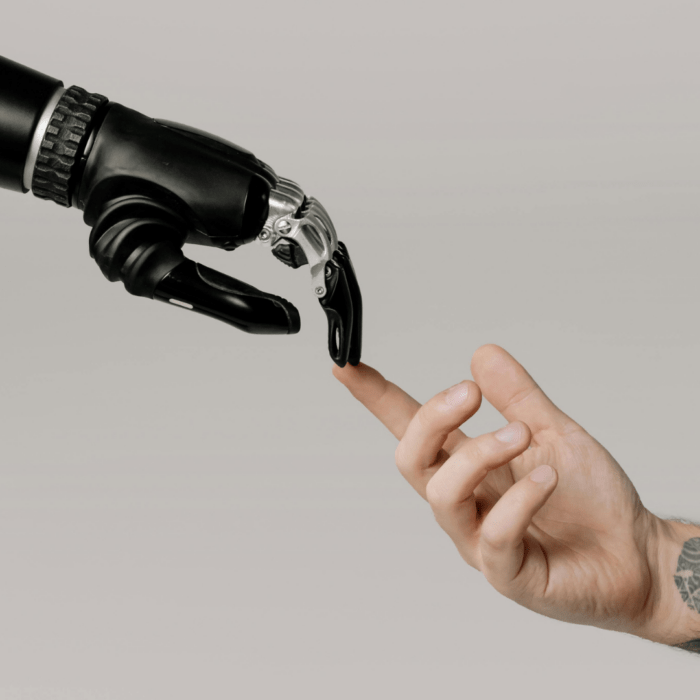
COP29 emerged as a pivotal moment in the fight against climate change, spotlighting international collaboration, advanced technologies like AI, and innovative financing to address escalating environmental and economic challenges.
The four key areas of COP29 were:
- Sustainable finance: One of the main challenges for COP29 was to mobilize financial resources to combat climate change. States and the private sector aim to close the climate finance gap that prevents many countries from achieving their goals. To do so, it is important to develop effective mechanisms to help accelerate the transition to a low-carbon economy.
- Adaptation to climate change: COP29 discussed strategies for adapting to changing climate conditions. Already today, hundreds of millions of people are facing the effects of climate change, including extreme weather and sea level rise. For adaptation, AI is used, for example, in weather forecast modeling and water management.
- Engaging innovation and AI: The role of AI at COP29 is as important as funding and adaptation. Organizations such as the UN and ITU are already demonstrating successful examples of using AI to predict climate change, control CO2 emissions and improve agricultural practices. For example, the AI for Good platform has initiatives underway to use AI to monitor forests and biomes.
- Circular economy and low-carbon solutions: COP29 also focused on developing the circular economy, which involves minimizing waste and moving towards resource-efficient technologies. This is particularly relevant for sectors such as agriculture and industry, where AI is helping to control emissions and improve the sustainability of production chains.
The role of AI in the fight against climate change
AI is already supporting many initiatives to reduce carbon footprints today. Using big data and machine learning algorithms, AI is helping to track greenhouse gas emissions, analyze ecosystem data and develop weather forecasts.
AI is already supporting many initiatives to reduce carbon footprints today. Using big data and machine learning algorithms, AI is helping to track greenhouse gas emissions, analyse ecosystem data and develop weather forecasts. Organisations such as the International Atomic Energy Agency (IAEA) and the Food and Agriculture Organisation (FAO) are working with AI to monitor ecosystems and improve food security. AI is also helping to reduce energy consumption in cities and businesses, which reduces overall emissions.
AI offers new opportunities to combat climate change. However, for AI to truly become an effective tool in this endeavor, ethics, data protection and transparency in the use of the technology must be ensured. The future of combating climate change requires us to be innovative and collaborative, where every actor, from government to business to society, plays an important role in building a sustainable world.
By the same author:
Sources:
Image: Canva

